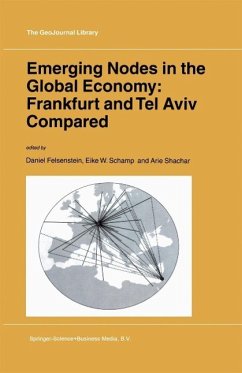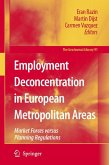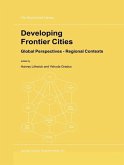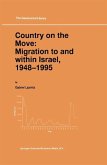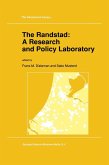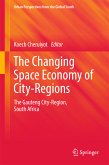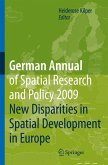This volume looks at the temporal and volatile ways in which Frankfurt and Tel Aviv engage the global economy and function as nodes within global networks. Drawing on a combination of qualitative and quantitative empirical studies of leading sectors, it systematically analyzes the process of network formation and highlights the role of national and regional policy. It will be of interest to academics, researchers, practitioners and policymakers working in urban and economic geography, public policy and economic development.
Dieser Download kann aus rechtlichen Gründen nur mit Rechnungsadresse in A, B, BG, CY, CZ, D, DK, EW, E, FIN, F, GR, HR, H, IRL, I, LT, L, LR, M, NL, PL, P, R, S, SLO, SK ausgeliefert werden.

